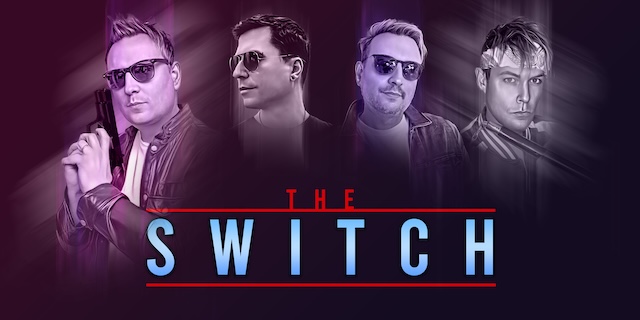
Interview | James Martin of The Switch
Soundtracking Neon Dreams
Every once in a while, a rock record comes along that doesn’t just play like an album, but feels like a movie unfolding in your mind. The Switch, the brainchild of brothers James and Tom Martin (ex-Vega, Nitrate), has managed exactly that with the staggering debut offering `No Way Out’. Their unusual and utterly unique approach fuses the golden DNA of 80s/90s cinema soundtracks with modern AOR polish, crafting a neon-lit world straight out of 1987.
This isn’t just nostalgia as a gimmick. With soaring vocals courtesy of newcomer Bobby John, thunderous bass lines from Cruzh’s Dennis ‘Butabi’ Borg, and a finely tuned cinematic storyline running through each track, `No Way Out’ is a reminder of the feeling we all had when rock ruled movie soundtracks. The moment when Maverick revved his Kawasaki into the sunset in Top Gun or when ‘Lost Boys’ prowled the boardwalk. Times and movies when every chorus was bigger than life itself gripping the viewer and listener.
Times when music empowered the vision and when rock rose to blend memorable movie frames and moments with the right tone. `No Way Out’ does just that, and I was warped back into those heydays of rock and movie mayhem. Much like Iron Eagle always felt like the movie was crafted around the songs, The Switch took that premiss to craft a movie with their songs. A cinematic blockbuster of modern times.
I sat down with James Martin, pilot and navigator of The Switch, to talk about building this cinematic universe through music, channelling their heroes from Robert Tepper and Stan Bush to Planet 3, and why clichés sometimes make the perfect scene-setter.
THE CINEMATIC CONCEPT
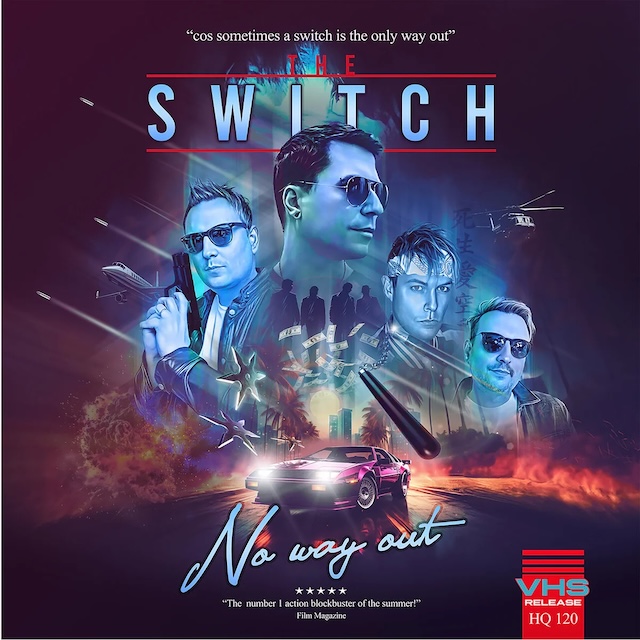
`No Way Out’ isn’t just an album, but a full-blown soundtrack to a movie that never existed, but should have. The Switch wanted to capture the magic of 1987, where every song could set the scene for a high-octane chase, a heartbreak montage, or a neon-lit night on the boardwalk. By leaning into all-analogue production and 80s authenticity, they built a fictional film universe where the music itself drives the story.
`No Way Out’ plays like a fictional 1987 movie soundtrack. Where did this bold concept come from? Was it an early decision, or did it evolve during the writing process?
,,It kinda started the same time as writing song one, the title track ,,No Way Out”. We just kept adding to the story and our imaginations went a bit wild. We couldn’t think of any other band that had tried to capture people’s imaginations in a “What if this movie actually was a thing back in the 80s” kinda way. We wanted a real 80s aura for this record, all analogue processing, nothing modern.”
When I listened to the record, I had scenes playing in my head: action sequences, romantic montages, emotional climaxes. Did you and Tom consciously write the songs as if you were scoring a movie?
,,We did, yes. The song ,,Play The Game” is pivotal to the story as you get a real feeling of band excitement and the fun of touring. ,,No way Out” is the desperate moment Hatch and his girlfriend break up as she doesn’t like the fact he has to fight back on Yang Lin and his Gang. Each song has a purpose. We wanted to test ourselves and try and write a soundtrack that would have stood up against the biggest movie soundtracks of the decade.’’
MOVIE AND SOUNDTRACK INFLUENCES
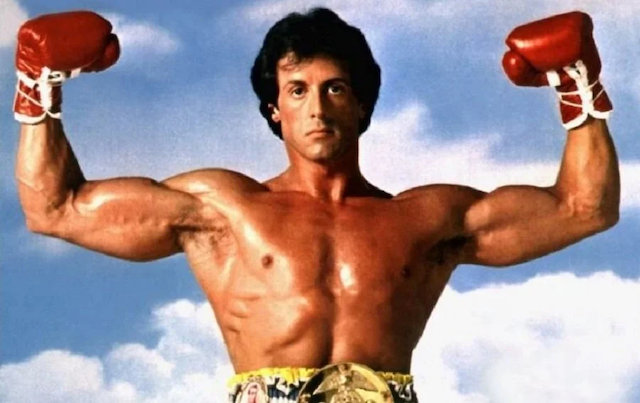
The DNA of `No Way Out’ is steeped in classic cinema moments. From the adrenaline of Rocky training montages to the teenage heartstrings of John Hughes films, the record channels the era when soundtracks weren’t just background noise but cultural landmarks. It added volumes. Instead of copying, The Switch drew from that larger-than-life energy, infusing their songs with the timeless pulse of those golden reels.
There’s a strong pulse of those iconic soundtracks we grew up on. What were the essential films or songs that served as your North Star while crafting `No Way Out’?
,,Robert Tepper’s ‘No easy way Out’ would be an obvious one. But being honest we didn’t plan on copying soundtrack style songs, more 80s style songs. Film wise, The Rocky movies, Van Damme movies, John Hughes Movies.’’
Soundtracks back then weren’t just add-ons—they were cultural moments. Think of St. Elmo’s Fire or Rad, where the songs became part of the legacy. Do you see `No Way Out’ as tapping into that timeless cultural memory?
,,Yeah, we hope so. When listeners express that they connected with the movie theme while listening to the album and had imagery in their minds then we’ve succeeded in our job.’’
CRAFTING THE SOUND
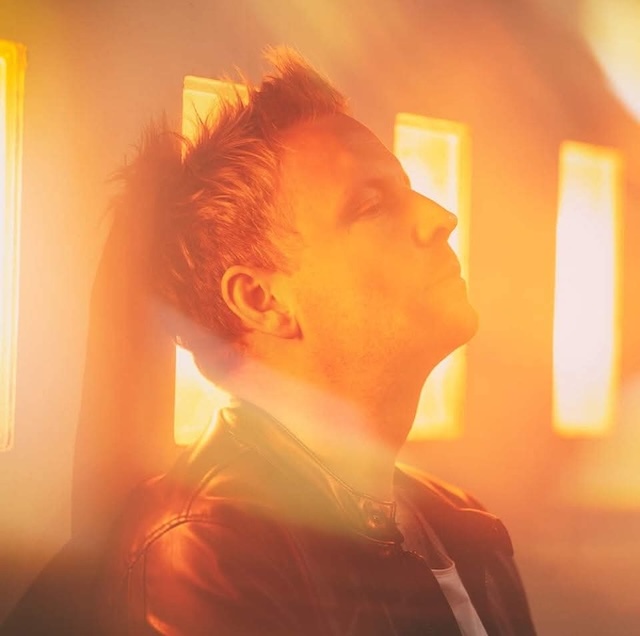
Achieving the balance between glossy 80s nostalgia and modern power was no accident. Layers of reverb, shimmering synths, and carefully chosen guitar tones create a retro sheen that never feels dated. Add Dennis Borg’s pounding bass and Bobby John’s soaring vocals, and you get a sound that feels both cinematic and intimate. It’s like rediscovering your favourite VHS-tape but with high-definition clarity.
Musically, the record blends razor-sharp guitars with glossy synths, yet it doesn’t sound sterile. How did you achieve that delicate balance—retro shine with modern tightness?
,,We’re 80s lovers ourselves and know the sound we are trying to achieve. Lots of use of reverbs and delays is very important. Choosing the right synth sounds and guitar tones as well. We sang guides for Bobby and he has such a great voice it was always a pleasure getting his files back. Dennis is also Mr 80s and gets the whole vision. We really like a Pop/Rock sound with guitars adding carefully to the songs rather than being a bit too much.’’
Dennis Borg’s basslines really give the record its heartbeat, tying the cinematic feel together. How much freedom did you give him in shaping the groove?
,,Dennis always took our bass guides and had a listen to what we wanted. He would then work on the parts and add his own thing to them. The song ,,Young Hearts“ nearly had a synth bass as it has the Galloping Rhythm which is particularly difficult to be played by hand at such a fast speed, but he did it and it worked great.’’
THE FRONTMAN FACTOR
Every great movie needs a hero, and The Switch found theirs in Bobby John. His voice carries that larger-than-life presence with equal parts sensitive and powerful, with flashes of classic pop icons. He has the poise of Robin Zander, the scruff of Stan Bush, while he soulfully belts out like Robert Tepper. The band describe him as the embodiment of their lead character, both vocally and visually. When Bobby stepped into the songs, the “movie” in their heads finally lit up on the big screen.
You’ve said hearing Bobby John’s voice was the turning point: “We knew straight away we had the right combination.” What was it about his delivery that made you hear cinematic lead character?
,,Yeah Bobby does have that Hero style voice. It’s the American high school kinda voice, so much sensitivity and feeling drips from his vocals. The first verse of the song, ,,Anytime” he almost sounds a bit like Michael Jackson. It was hearing Bobby sing the first song that the movie really started coming to life. He even has a look of a lead character we were looking for in a strange way.’’
STORIES WITHIN THE STORY
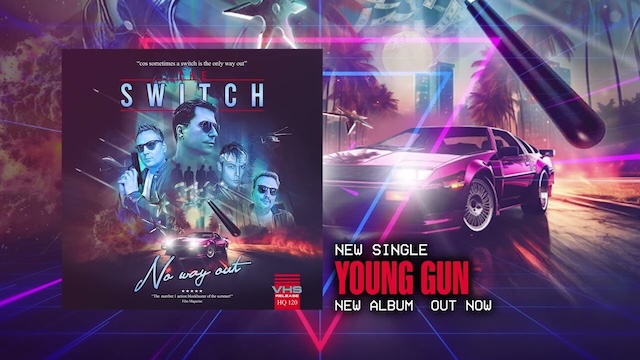
Each track on `No Way Out’ plays like a scene: high-speed action in ,,Danger on the Loose”, romantic tension in ,,One Night With You,” and emotional fallout in ,,Young Hearts”. The Switch embraced clichés not as shortcuts but as anchors, because sometimes the most familiar tropes are the ones that hit hardest, pulling listeners straight into the drama unfolding in sound.
Songs like ,,Danger on the Loose” and ,,Young Gun” feel like action scenes, while ,,Strangers Eyes” and ,,One Night With You” have more romantic or emotional depth. Did you map these out as particular acts within the bigger movie storyline?
,,Yeah, the songs aren’t in order on the album but ,,Play the Game” is the Action song while the band are touring and finding their way. ,,Young Hearts” is the ending song when Hatch (Bobby) gets shot and nearly dies. ,,One Night With You” is the love interest song. ,,Young Gun” is the getting changed over to weapons sequence and so on.’’
Some might call certain moments cliché, but in cinema (and rock), clichés are often what hit hardest. Did you consciously decide to embrace the clichés instead of avoiding them?
,,Absolutely! The 80s were full of them and we embraced them like you say.’’
INFLUENCES AND REFLECTION
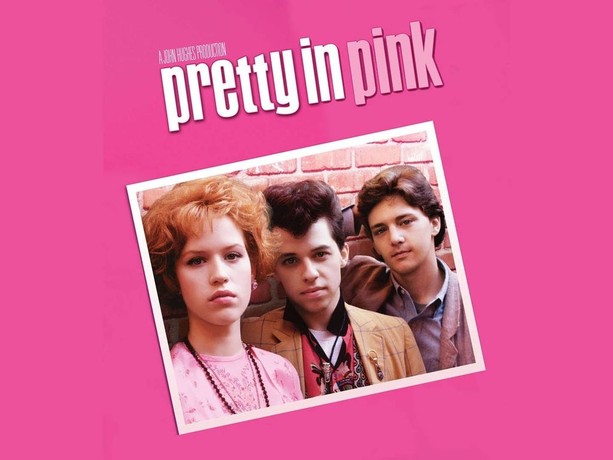
For James and Tom Martin, The Switch became a chance to indulge in pure 80s love. Where their previous bands leaned away from heavy synths, this project let them dive head-first into the soundtrack textures that shaped their youth. From Survivor to OMD, they’ve woven the sounds of their teenage revelations into something new, an album that fiercely stands as a reminder of how music can define not just a scene but a memory.
You and Tom have long histories in melodic rock. Did The Switch give you freedom to indulge influences you couldn’t bring forward in Vega or Nitrate?
,,Well with Vega the synths were becoming less and less and if they were used it was more organs, strings and piano’s. The other guys just weren’t into keyboards so much. Nitrate I can only speak about the last 2 albums as we became involved on those. The last Nitrate album was predominantly just Tom and I and we had the freedom to do whatever. Synths were used heavy but the balance was more Melodic Rock. With The Switch we set out to write a Soundtrack under just our tastes, no external opinions, it is the sound we love and the sound we fell in love with back in the 80s being young boys.’’
Was there one movie scene as a teenager where the soundtrack hit you so hard you thought: I want to write music like this?
,,Yeah! Survivor’s iconic tracks ,,Eye Of The Tiger” and ,,Burning Heart”, Robert Tepper’s pulsing ,,No Easy Way Out” and Vince DiCola’s cinematic ,,Training Montage” from the Rocky Movies, as well as Stan Bush’ ,,On My Own Alone” from ‘Bloodsport’, their movie with Jean Claude Van Damme. The music in ‘Some Kind of Wonderful’ and ‘Pretty In Pink’ was also great.
The scene where Ducky turns around at the end of ‘Pretty In Pink’ and OMD ,,If You Leave” is playing was a turning point for us as kids. We also love the soundtrack to ‘Cocktail’.’’
LOOKING FORWARD
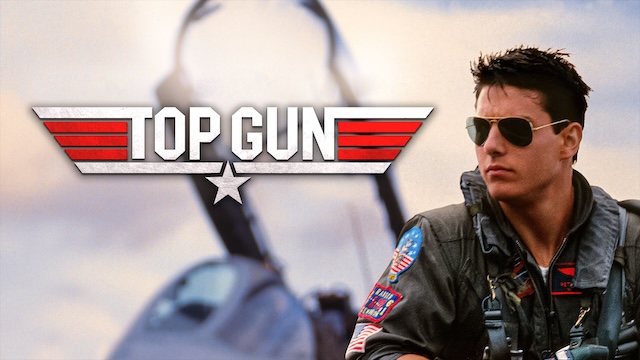
With `No Way Out’ already resonating as both album and imagined movie, The Switch see no reason to stop at one. A sequel is already in motion, promising bigger risks, more drama, and the next chapter in their neon-drenched universe. The ultimate dream? For a filmmaker to take their soundtrack and bring the story full circle onto the actual screen. Until then, they’re content building nostalgia in reverse, right at the intersection where the music writes the movie.
Let me throw this one at you…. if you could have contributed a song to any 80s/90s blockbuster, which film would you choose, and why?
,,I think Top Gun. It has the right amount of action and romance.’’
With the success of `No Way Out’, do you see The Switch continuing in this cinematic universe? Could the next album be its “sequel”?
,,There is definitely going to be “Switch 2“ we’re already underway.
We have loads of ideas for it. The band have to hit the big time, right? And there will be danger along the way, scores to be settled.’’
THE SUBTITLES
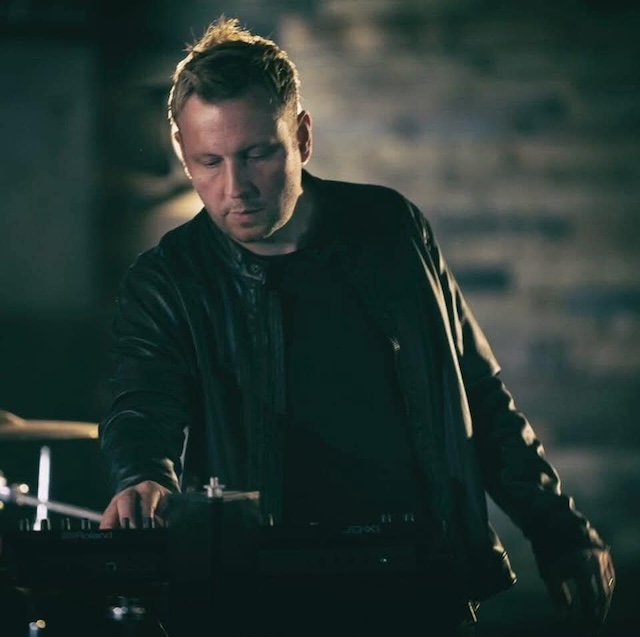
Lastly, what’s the ultimate ambition for The Switch? To become a cult nostalgia favourite in the lineage of Stan Bush and King Kobra, or to create something new that bridges eras entirely?
,,We want to create something unique and I think we’re already in the process of doing that. The dream would be for a famous filmmaker or production team to take the movie to the big screen. Who knows, but if we can create a bit of nostalgia like you say and open peoples mind in a reverse way (The soundtrack creates the movie) then that’s pretty cool to us.’’
Any famous last words or ideas you want to add? What did I miss?
,,I think you’ve covered everything there. Cheers for the interview. Appreciated.’’

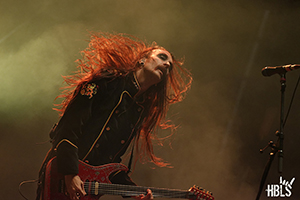
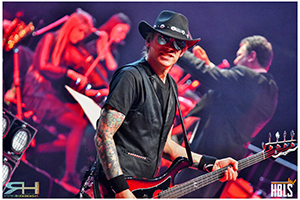
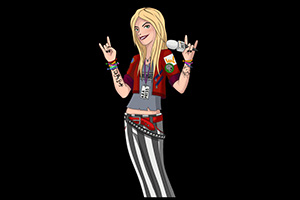
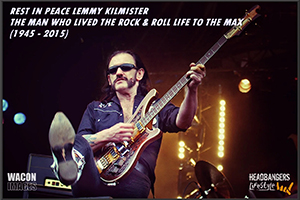
Comments